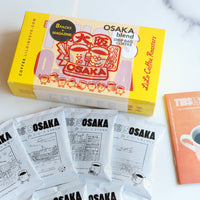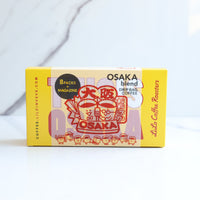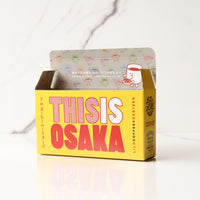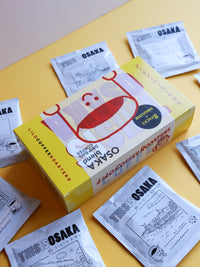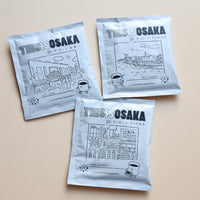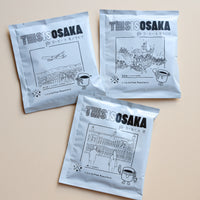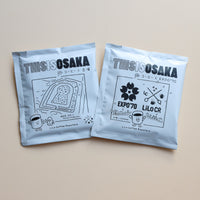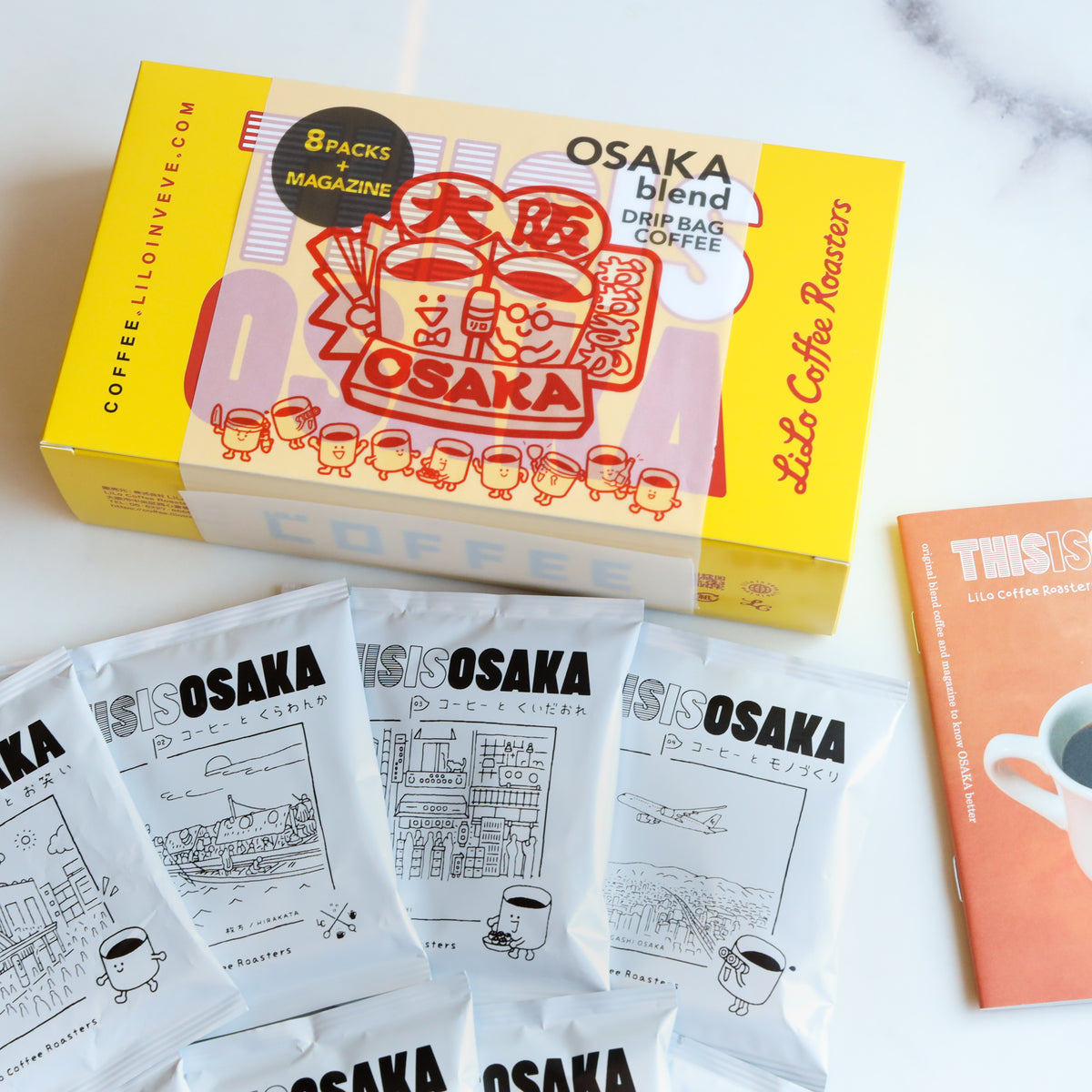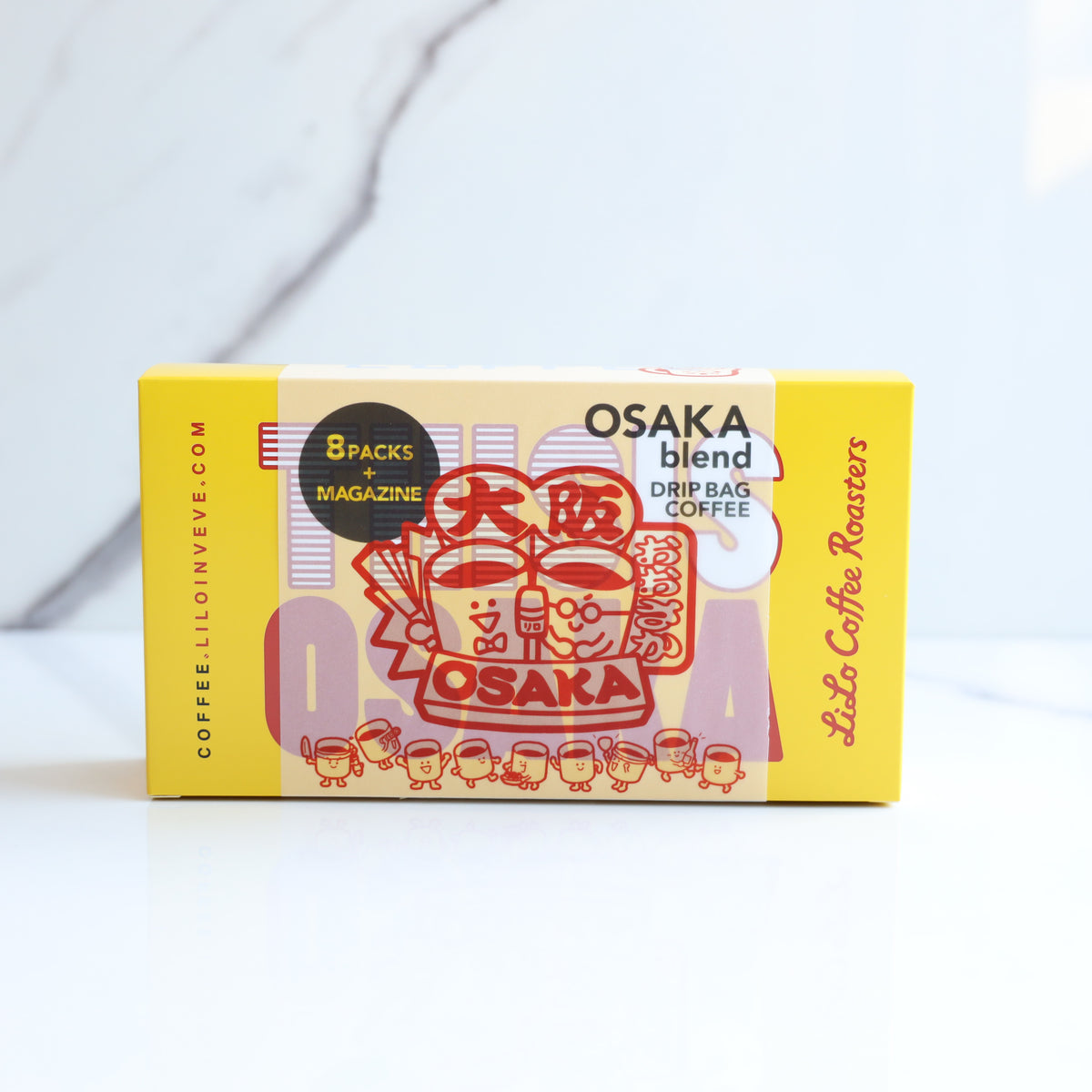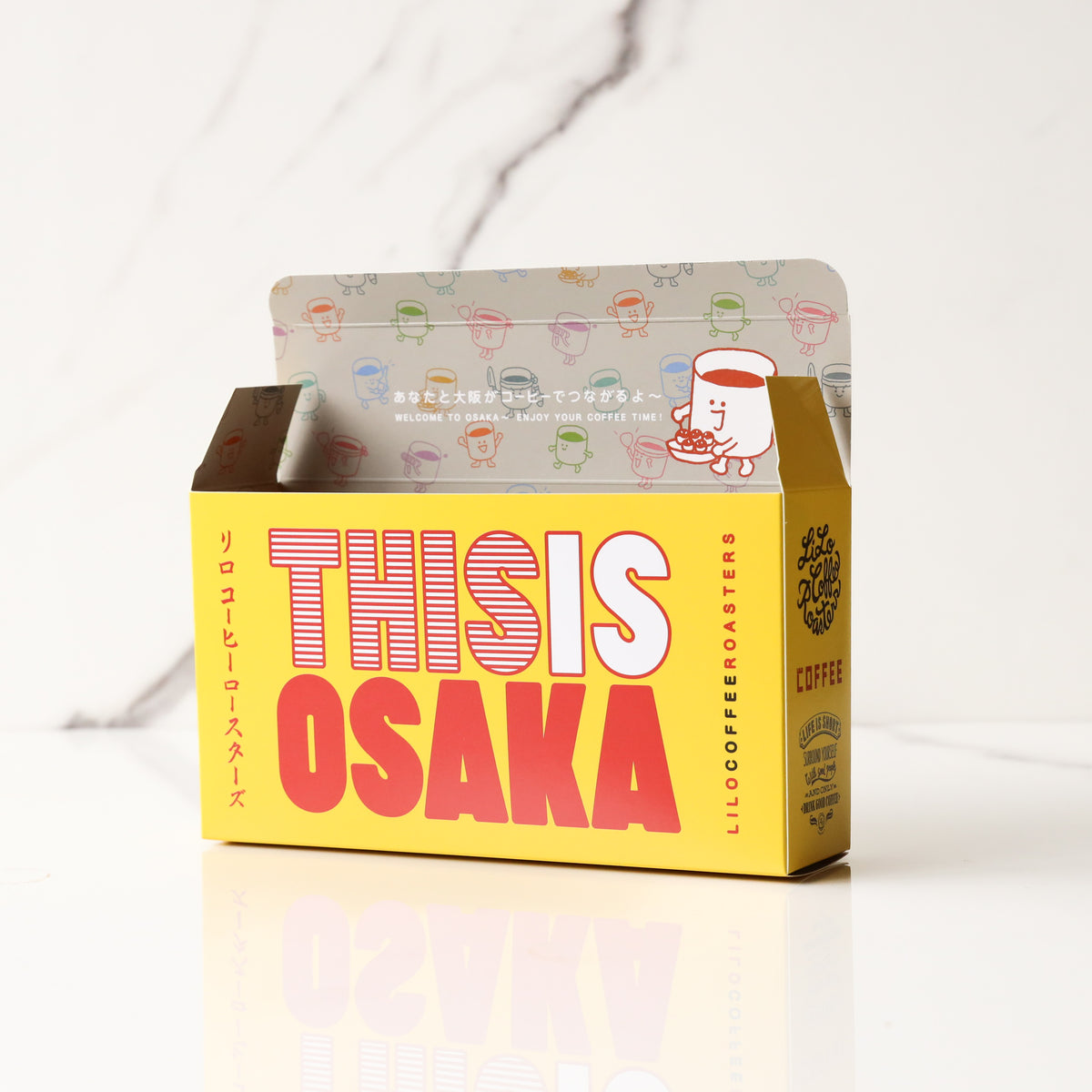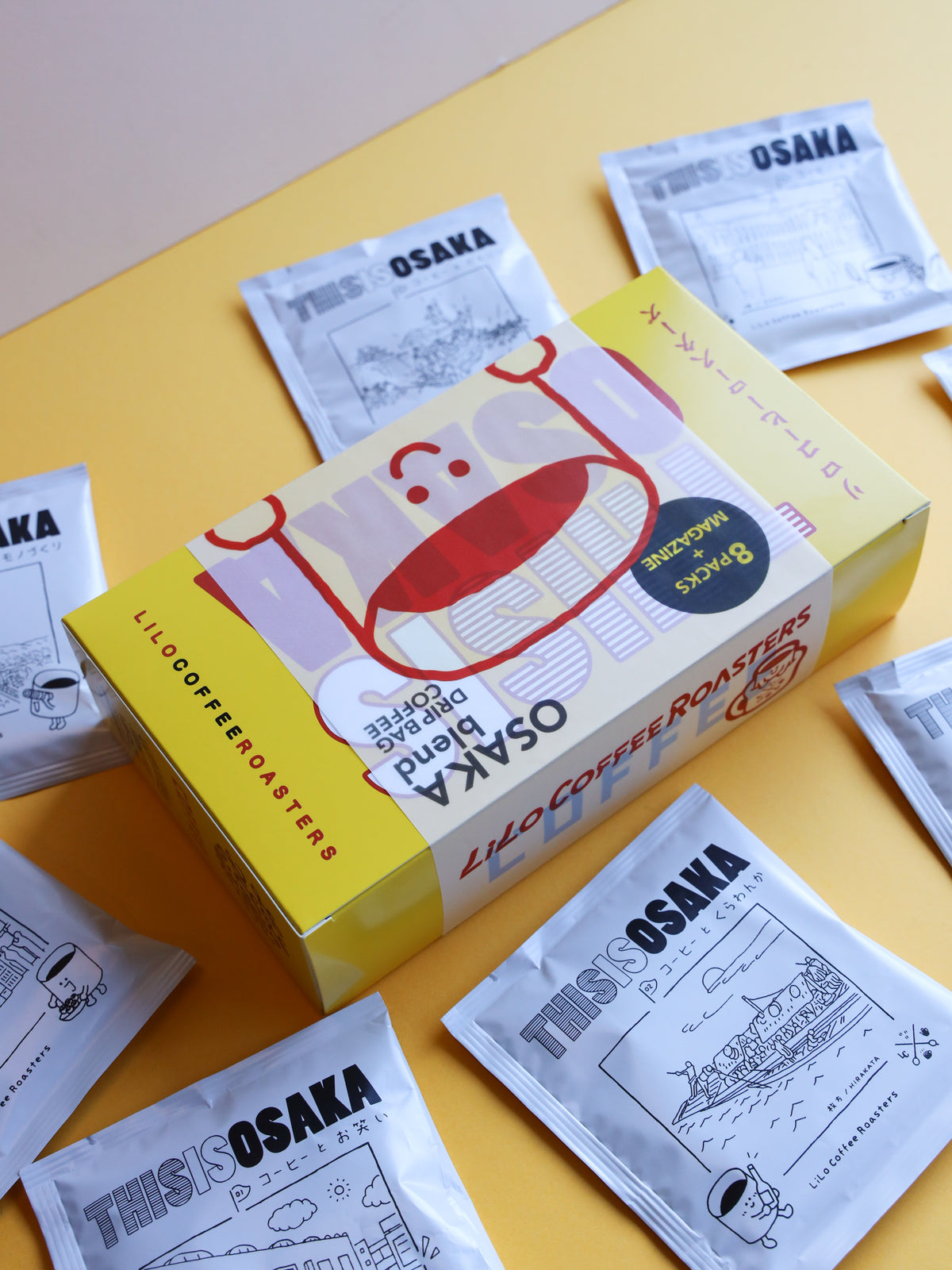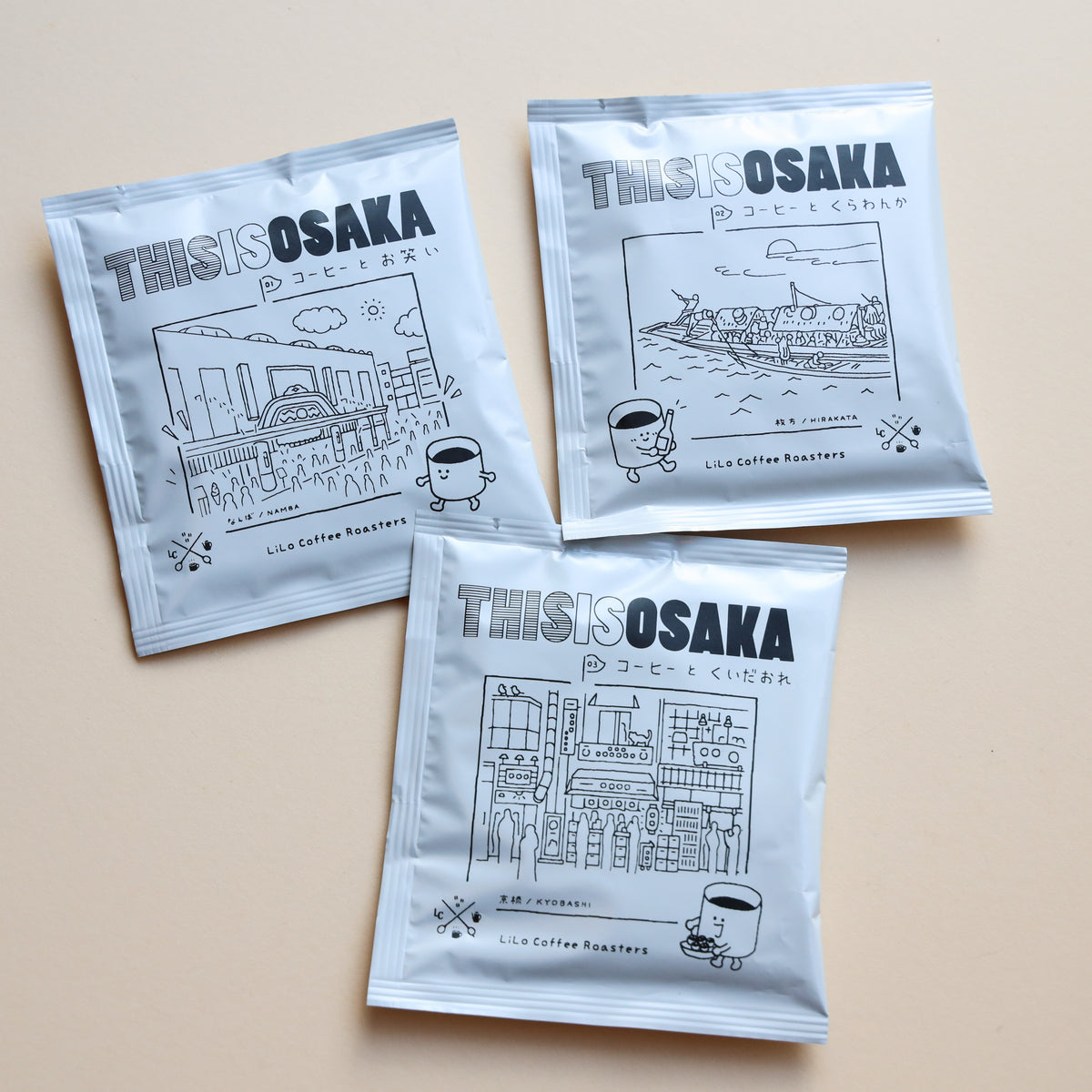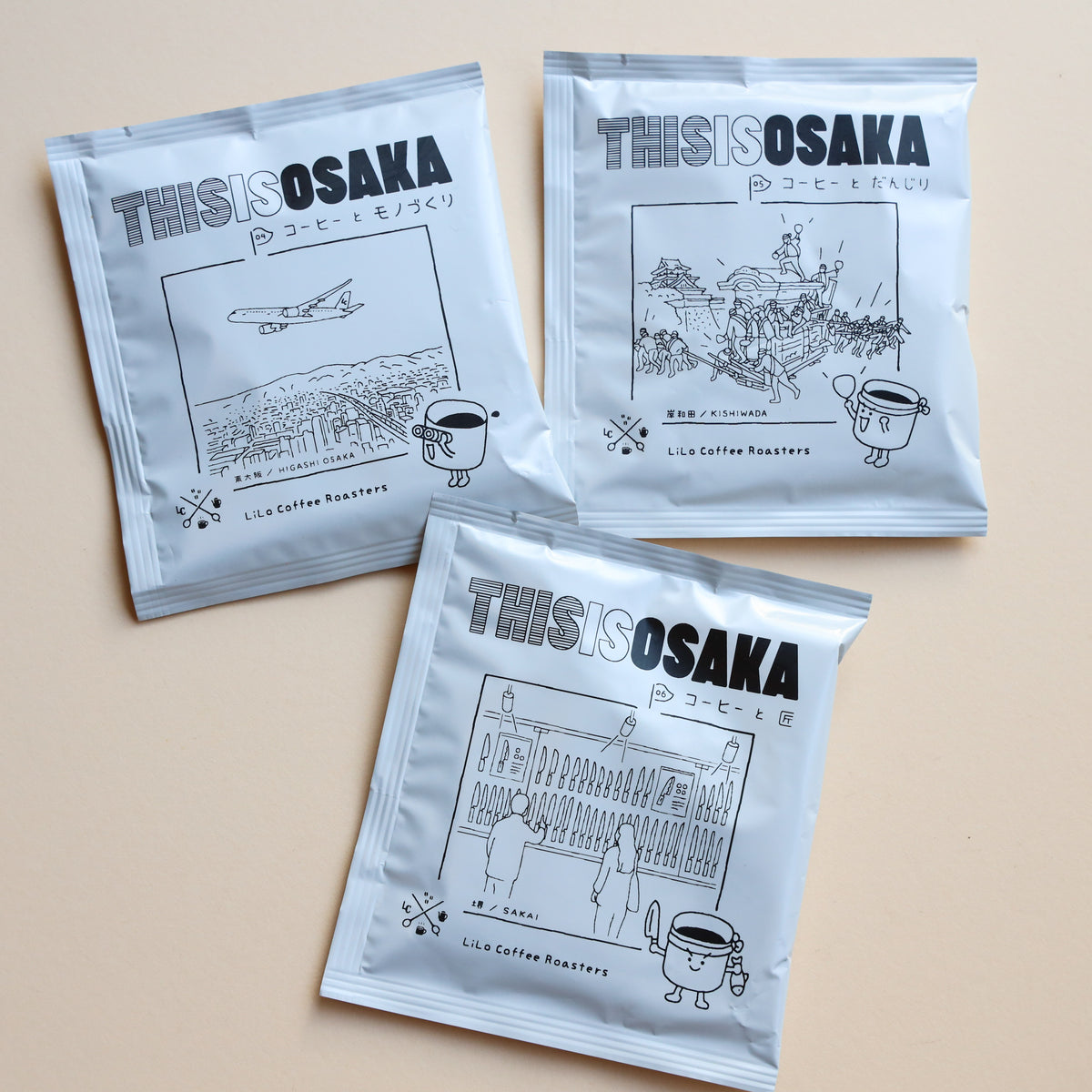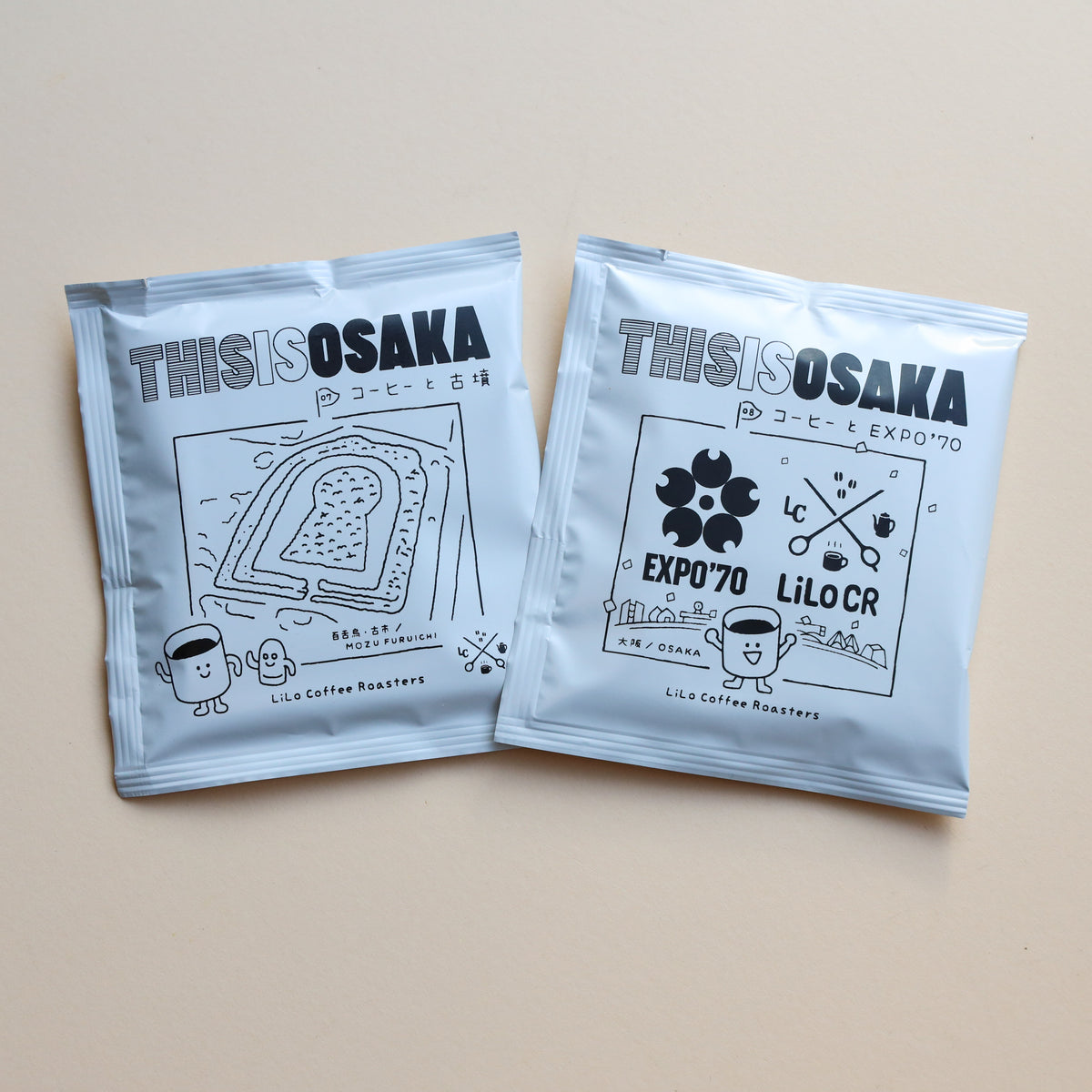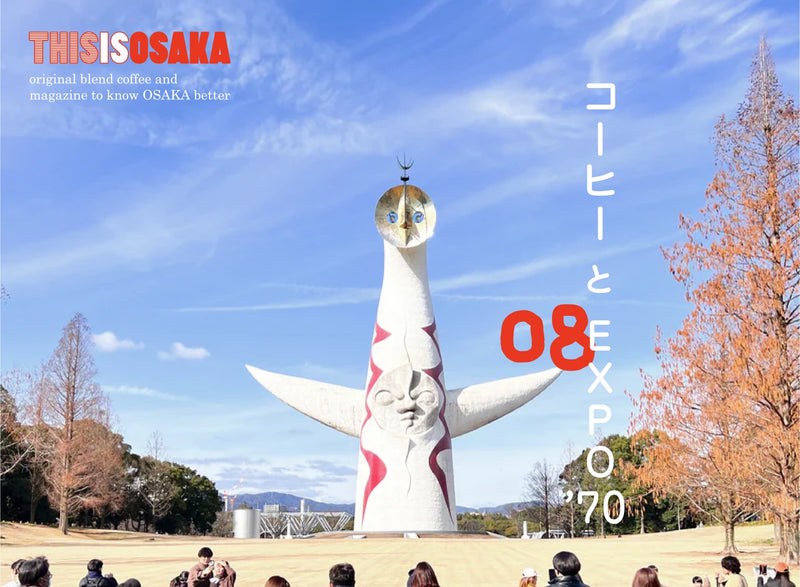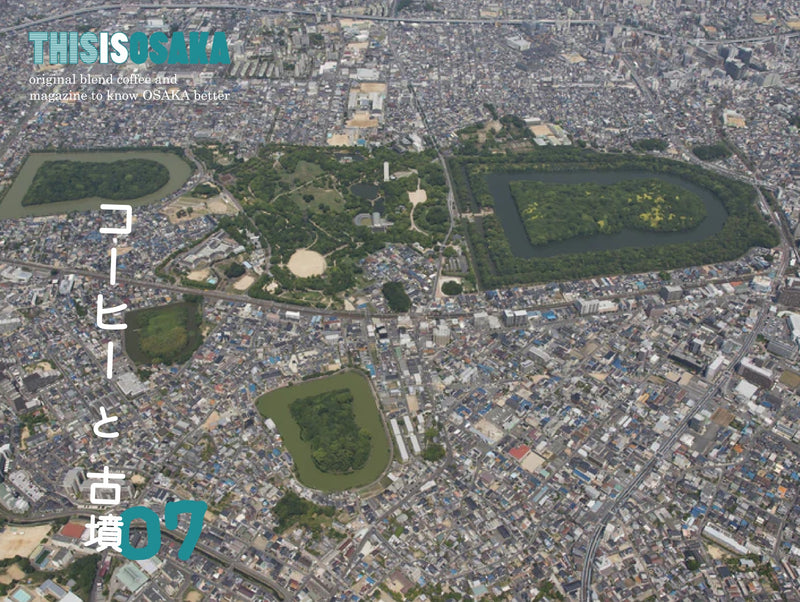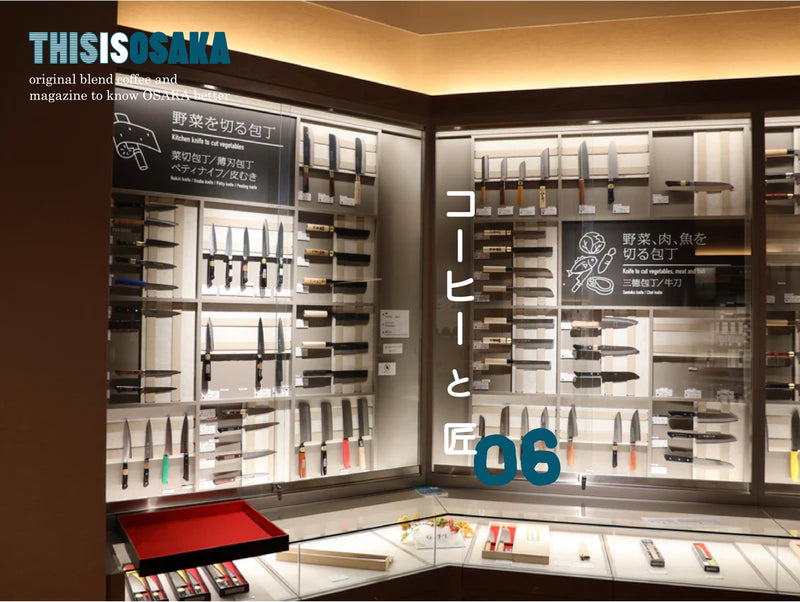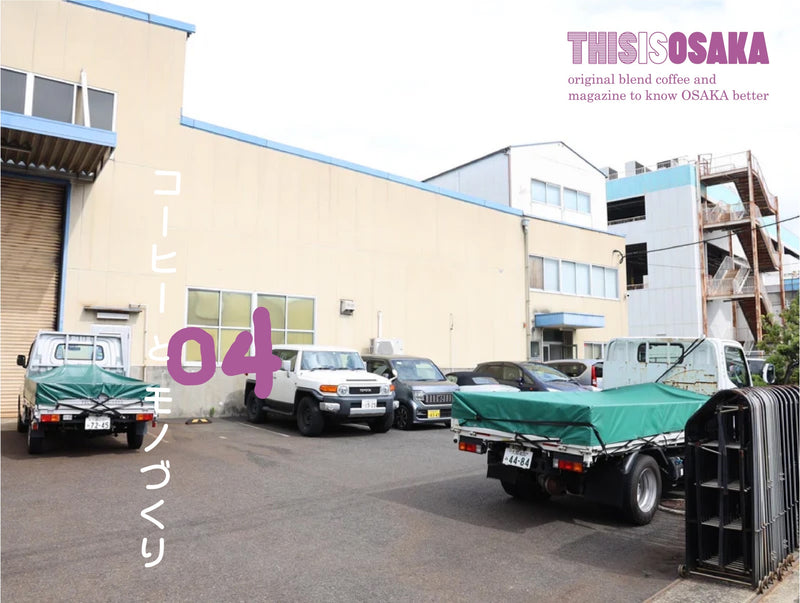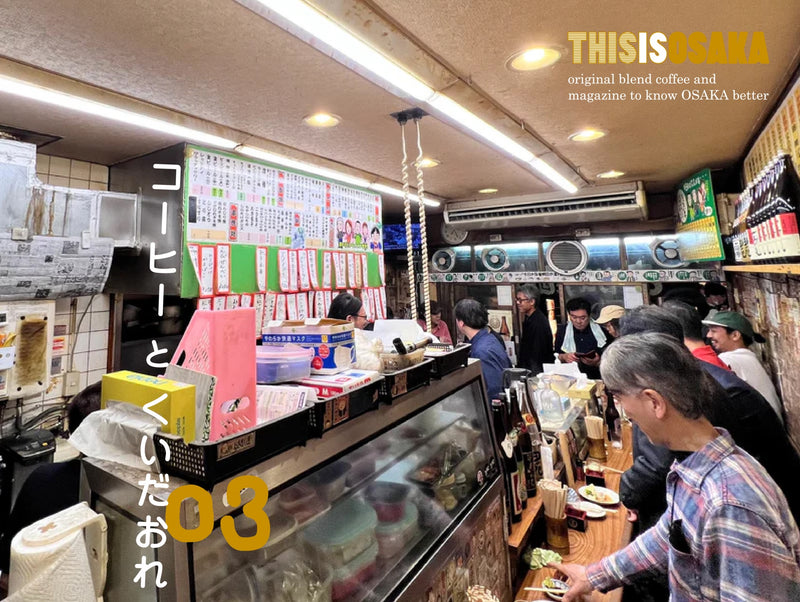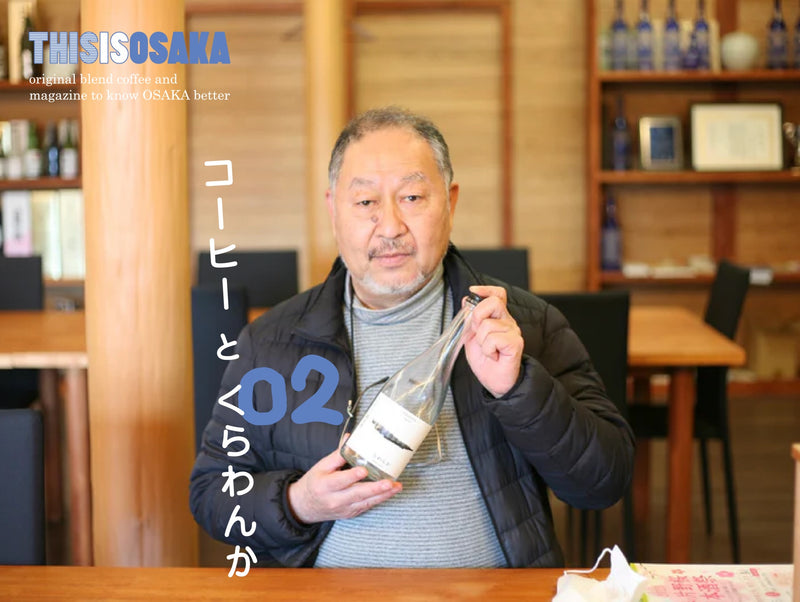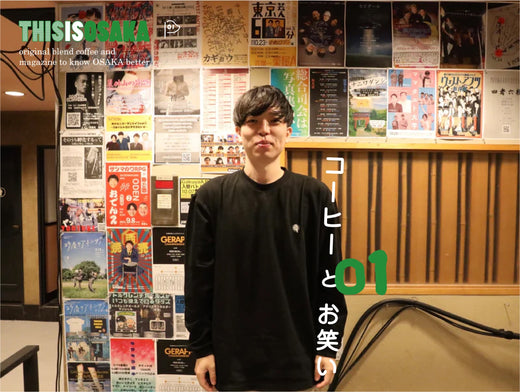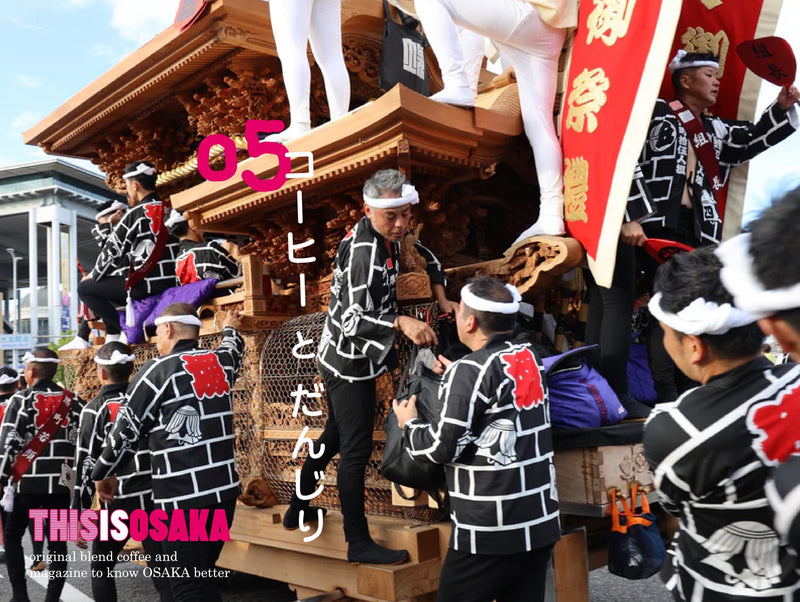
町が一つになる
-岸和田だんじり祭-
A Town United: Kishiwada Danjiri Festival
「そーりゃ!そーりゃ!」「カン、カンカンッ。ドン、ドドン。」
大阪府・泉南エリアの岸和田市では毎年、夏の終わり頃になると、町中の至る所からどすのきいた掛け声、大太鼓・小太鼓の振動、そして鉦(かね)や篠笛(しのぶえ)の華やかな音色が聞こえてくる。だんじり祭の音だ。西日本では、祭礼で使う山車(だし)をだんじりと呼ぶ。
岸和田だんじり祭は、関西各地で行なわれているだんじり祭の中でも群を抜いて規模が大きく、旧市地区では各町のだんじり22台が市街を激しく走り回る。直近で見る総欅造りのだんじりは、まるで神社に車輪を取り付けたみたいな迫力だ。
とある町でだんじりの「若頭」に所属する山本さんにお話を伺い、実際にだんじり祭九月祭礼を体感するため岸和田まで足を運んだ。
"Sorya! Sorya!" "Kan, kankan. Don, dodon."
Every year towards the end of summer, the streets of Kishiwada City in the Sennan area of Osaka Prefecture resonate with powerful chants, the vibrations of large and small drums, and the vibrant sounds of gongs and bamboo flutes. These are the sounds of the Danjiri Festival. In Western Japan, the floats used in festivals are called "danjiri."
The Kishiwada Danjiri Festival is the largest of its kind in Kansai, with 22 danjiri from different towns racing wildly through the streets in the old city district. Seeing the massive, all-keyaki wood danjiri up close is as awe-inspiring as seeing a shrine on wheels.
To experience the September festival firsthand, I spoke with Mr. Yamamoto, a member of a town's "youth leader" group, and headed to Kishiwada.

だんじりを動かしているのは、自分だ
Moving the Danjiri: It's Up to Us
山本さん:だんじりは団体競技。多い町では500人以上の人間が意思疎通して一つのだんじりを曳かな(動かさな)あかん。外から見たら何も考えずに引っ張って走ってるだけに見えるかもしれないけど、実際にやってることはすごく繊細やねんな。
Mr. Yamamoto: The danjiri is a team effort. In larger towns, over 500 people have to communicate and work together to move a single danjiri. From the outside, it might look like we're just mindlessly pulling and running with it, but what we're actually doing is incredibly delicate.
––– だんじり祭といえば、重さ約4tのだんじりを激走させながら急カーブする「やりまわし」が醍醐味の一つです。少しのミスで命の危険さえあるだんじりは、相当な練習量が必要になりそうですね。
Interviewer: One of the highlights of the Danjiri Festival is making sharp turns at high speeds with the approximately 4-ton danjiri. Even a slight mistake can be life-threatening. It sounds like a tremendous amount of practice is required.
山本さん:そうやねぇ、祭当日は夜明け前から準備して、二日間だんじりを曳き続けなあかんから、まず体力が必要。青年団の子たちは、祭の1ヶ月前ごろから走り込みや、軽トラックにロープを繋いで引っ張る稽古をする。上の人らから叱咤激励を受けながらね。祭は楽しまなあかんけど、当然しんどいこともたくさんある。
Mr. Yamamoto: That's right. On the day of the festival, we start preparing before dawn and have to pull the danjiri for two full days, so physical stamina is crucial. The young members of the youth group start training about a month before the festival. They do running drills and practice pulling a light truck with a rope. They get a lot of encouragement and tough love from the older members. The festival is meant to be enjoyed, but there are obviously many tough aspects as well.

––– 大変ですね…。これだけ過酷なのにも関わらず、毎年毎年、各町に何百人もの曳き手が集まることが驚きです。
Interviewer: That sounds tough... It's amazing that despite how grueling it is, hundreds of people from each town come together to pull the danjiri every year.
山本さん:みんな、「自分が参加する町のだんじりを一番かっこよく曳きたい!」という思いが強い。ドワーーッとだんじりが猛進する姿は、やっぱり活気があってかっこいいんよね。まだ小さい小学生も「ちゃんと曳けよー!」って言い合ってるねん。子どもは力を入れても入れなくても影響のない、先頭の方を持つんやけど…。
Mr. Yamamoto: Everyone has a strong desire to pull their town's danjiri in the coolest way possible. Seeing the danjiri charge forward with such energy is truly impressive and exciting. Even the young elementary school kids are shouting, "Pull it properly!" They hold the front part of the rope, where their strength doesn't make much of a difference, but their enthusiasm is infectious.
––– その子たちも「自分の町のだんじりの成功は、自分にかかってる!」と信じているんですね。岸和田の人はだんじり祭があるからこそ、若いうちから〈自分たちの町〉に誇りを感じているのだと思います。
Interviewer: Those kids also believe that the success of their town's danjiri depends on them! I think the people of Kishiwada take pride in their town from a young age because of the Danjiri Festival.

「祭のため」が自分をええヤツにする
"For the Festival" Makes Me a Better Person
––– だんじり祭に向けて町の人間が集まり「寄合」という会議が開かれるそうですが、祭の何ヶ月前にあるんでしょう?
Interviewer: I understand that before the Danjiri Festival, the townspeople gather for meetings called "yoriai." How many months in advance do these meetings take place?
山本さん:寄合は一年中あるねん。だんじりが終わった次の日から、さっそく、来年の新体制の話をし始める。どうやって資金を集めるか。どうやって人を募集するか。常に話さなあかん課題がある。やけど実際は…半分くらいは宴会になってる町もあるかな。効率的にやれば、二日で終わるんちゃうかと…。
Mr. Yamamoto: We have yoriai meetings all year round. From the day after the festival ends, we start discussing the new plans for the next year. How to raise funds, how to recruit people—there are always issues to talk about. But honestly, in some towns, about half of the meetings turn into parties. If we were efficient, we could probably finish everything in two days...
––– あはは。事務的な決めごとだけで終わらず、集まって喋ること自体を楽しんでいて素敵です。寄合が居酒屋で行われている時点で、飲む気満々ですよね。その他、後輩にはにだんじり以外の、礼儀なども指導していたりするのですか?
山本さん:うーん、その辺はあまり厳しくない。普通やけど、強いて言うなら挨拶くらいちゃうかな。俺らも町で目上の人にすれ違ったらこんにちはーって言うし、うちの青年団の子も俺が通ったら元気に挨拶してくれる。
Mr. Yamamoto: Well, we're not too strict about that. It's pretty normal stuff, but if I had to point out something, it would be greetings. We always say hello when we pass by someone older in the town, and the younger members of our youth group do the same. They greet me enthusiastically when they see me.
––– そこはとても重要な点だと思います。些細な挨拶一つをきちんとしているからこそ、町のいろんな人と顔なじみになれているのですね。
Interviewer: I think that's a very important point. By making even simple greetings, you become familiar with many people in the town.
山本さん:確かにそうかも。そういうものをちょっとずつ日頃から交わす関係の方が、だんじりの話をしなあかん時に、全くの初対面よりも意見を言い合いやすいんよね。だんじりをやってるから、俺は移住せずにずっと地元岸和田に住んでるねん。寄合にも行きやすいしね。子どもの授業参観に行くと、知り合いが20人くらいいたり。もしかしたら岸和田はママ友よりもお父さん同士のコミュニティ、連帯がすごいかもしれない。スーパーに行ったら絶対知り合いに会う。家の水道が壊れても電気が止まっても、だんじりの知り合いに電話して助けてもらえる。そういうのは面白いかな。
Mr. Yamamoto: That might be true. Having these little interactions regularly makes it easier to exchange opinions when we need to talk about the danjiri. Because of the danjiri, I've stayed in my hometown of Kishiwada instead of moving away. It's easier to attend the yoriai meetings too. When I go to my children's school events, I often see about 20 people I know. In Kishiwada, the community and connections among the fathers might be even stronger than among the mothers. When I go to the supermarket, I always run into someone I know. If something breaks at home, like the plumbing or electricity, I can call someone I know from the danjiri community for help. It's quite interesting.
––– だんじり祭をスムーズにこなすためには、町中の多様な人々とコミュニケーションをとって関係を築く必要があります。最初は合わないと思う相手に対しても「ええヤツ」になって、うまく付き合わなければいけません。その結果、周りが顔なじみだらけになっているんですね!
Interviewer: To smoothly carry out the Danjiri Festival, it's essential to communicate and build relationships with a diverse range of people in the town. Even if you initially think you don't get along with someone, you have to become a "good person" and learn to get along. As a result, you end up being familiar with everyone around you!
山本さん:うん。みんな知り合いやな。だから岸和田には変質者が少ないし、日頃から助け合いができる。岸和田から転出する人の割合は大阪府で最下位クラスなんよ。
Mr. Yamamoto: Yes, everyone knows each other. That's why there are fewer suspicious people in Kishiwada, and we can help each other out regularly. The percentage of people moving away from Kishiwada is among the lowest in Osaka Prefecture.
自分たちの町
Our Town
夜のだんじり祭は、昼間の激しいやりまわしとは違った表情を見せてくれる。灯籠を吊り下げゆっくりと町を練り歩くだんじりの主役は、まだ小さな子どもたちだ。だんじりの近くで綱を引っ張る子。だんじりに乗り込み、憧れの鳴り物(太鼓や鉦)の拍子を刻む子。まだ歩けない幼児も、お母さんに抱っこされて夜の熱気を浴びている。日中走り通しだった大人は少しくたびれた様子で、缶のお酒を飲みながら「あそこはちょっとやりすぎたなぁ」と好き好きに喋っている。観光客の姿はほぼなく、ただただ岸和田の人間がだんじりへの誇らしい思いを噛み締めているように見えた。
The night of the Danjiri Festival offers a different atmosphere compared to the intense daytime "yarimawashi." Lanterns hang from the danjiri as it slowly parades through the town, and the main participants are the young children. Some kids pull the ropes close to the danjiri, while others ride on it, eagerly keeping the rhythm on the drums and gongs they admire. Even toddlers, too young to walk, are held by their mothers, soaking in the excitement of the night. The adults, having spent the day running, look a bit tired, sipping canned drinks and casually chatting, saying things like, "We might have overdone it there." There are hardly any tourists in sight; it seemed like the people of Kishiwada were savoring their pride in the danjiri.

だんじりは観光のイベントではない。岸和田の人間が厳しい稽古と面倒な調整、数多の話し合いを通して〈自分たちの町〉の一員になり、本番の二日間で物凄いパワーを爆発させる。これこそ祭だ。
The Danjiri Festival is not a tourist event. It’s a time when the people of Kishiwada become integral members of their town through rigorous training, meticulous coordination, and countless meetings. During the two days of the festival, they unleash tremendous energy. This is what makes the festival truly special.

LiLo Coffee Roastersには、岸和田の人たちが〈自分たちの町〉のために力を尽くすのと同じように、自分とお店、自分とチームの境界線をなくし、〈自分たちのリロ〉のために行動しているメンバーが何人もいる。そういう人たちの行動は、効率的ではない。しかし、〈自分〉だけのためにやるのでは到底追いつかないほどのエネルギーで、楽しさを生み出している。きっと、「自分ごと」の範囲を広げた方が、何倍もパワーが湧いてくるんだろう。僕がなりたいのはこんな人たちだ。岸和田の人たちやリロの先輩に負けないくらい〈自分たちのリロ〉〈自分たちの大阪〉を、もっとパワフルに面白くしていきたい。
At LiLo Coffee Roasters, many members break down the boundaries between themselves and the shop, and between themselves and the team, just like the people of Kishiwada do for their town. These individuals act for "our LiLo," putting in their effort with a sense of ownership. Their actions may not always be the most efficient, but the energy they bring, far beyond what could be achieved by acting for themselves alone, creates a great deal of joy. Expanding the scope of what we consider "our own" seems to generate much more power. I aspire to be like these people. I want to make "our LiLo" and "our Osaka" as powerful and exciting as the people of Kishiwada make their town and as our seniors at LiLo do.
DANJIRI blendができるまで
ソーリャ!ソーリャ!
祭に人生を賭ける
大阪人の熱量がほとばしるブレンド
Sorya! Sorya!
A blend bursting with the passion of osaka locals who live for festivals
岸和田地区のだんじり祭では、500人以上の人間が重さ4tの山車(だんじり)を曳き、ものすごい速度で街中を駆け巡ります。町の人間は、遊びよりも仕事よりも祭の準備が最優先。彼らは、自分一人の欲求を抑えてでも祭のために力を尽くすことで、本番の熱い達成感と、世代をこえた絆が得られることをよく知っています。大阪人は、人と人のつながりを何より大事にするのです。
At the Danjiri Matsuri in the Kishiwada district, over 500 people pull a 4-ton wooden float (danjiri) through the streets at incredible speeds. For the townspeople, preparing for the festival takes precedence over both play and work. They know well that by putting aside their individual desires and giving their all for the festival, they achieve a profound sense of accomplishment and forge bonds that span generations. Osakans value human connections above all else.

■ POINT
①情熱を一つのことに集中
②全体のため、役割に徹する
③激しさから絆が生まれる
④非日常で、溜め込んだエネルギーを放出
①Focusing passion on a single purpose
②Dedicating to one's role for the greater good
③Forging bonds through intensity
④Releasing accumulated energy in extraordinary events

口に含んだ瞬間、迫力満点で疾走するだんじりのように力強い酸味が飛びこんできます。後から甘さが舌の上を駆け抜け、最後は祭の夜のようにじんわり気持ちのいい余韻。エネルギッシュなおいしさを引き出すため、ぜひ熱々のお湯で淹れましょう!
The moment you take a sip, a bold acidity rushes through your mouth, much like the powerful danjiri racing through the streets. Then, a gentle sweetness follows, just like the quiet, tender nights after the festival. To bring out this energetic flavor, be sure to brew it with piping hot water.


